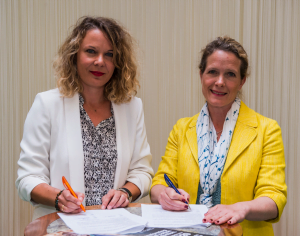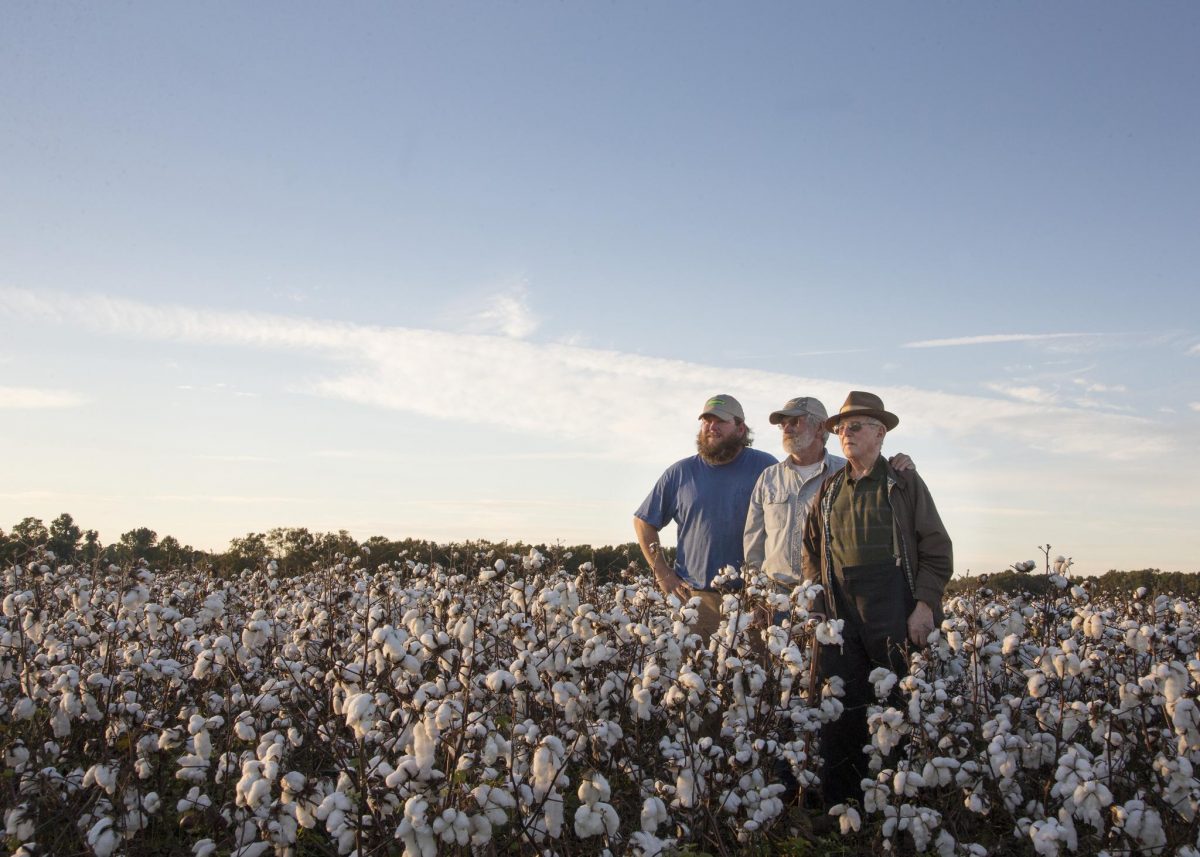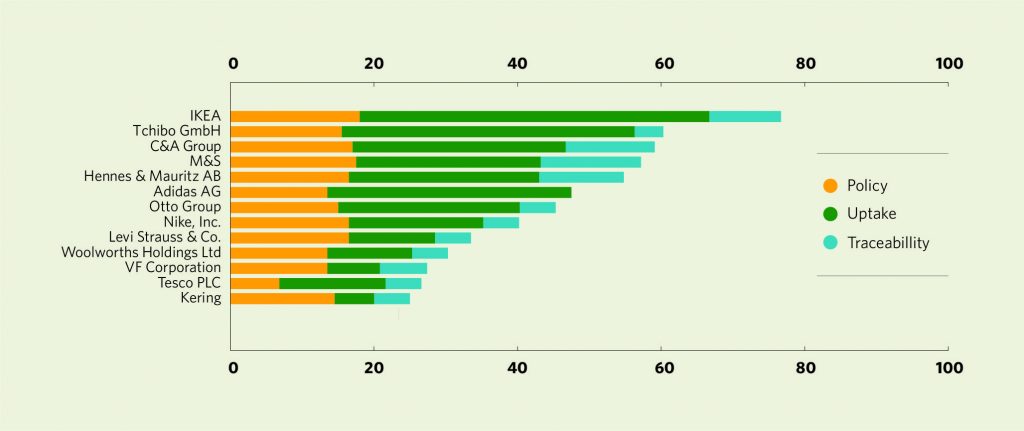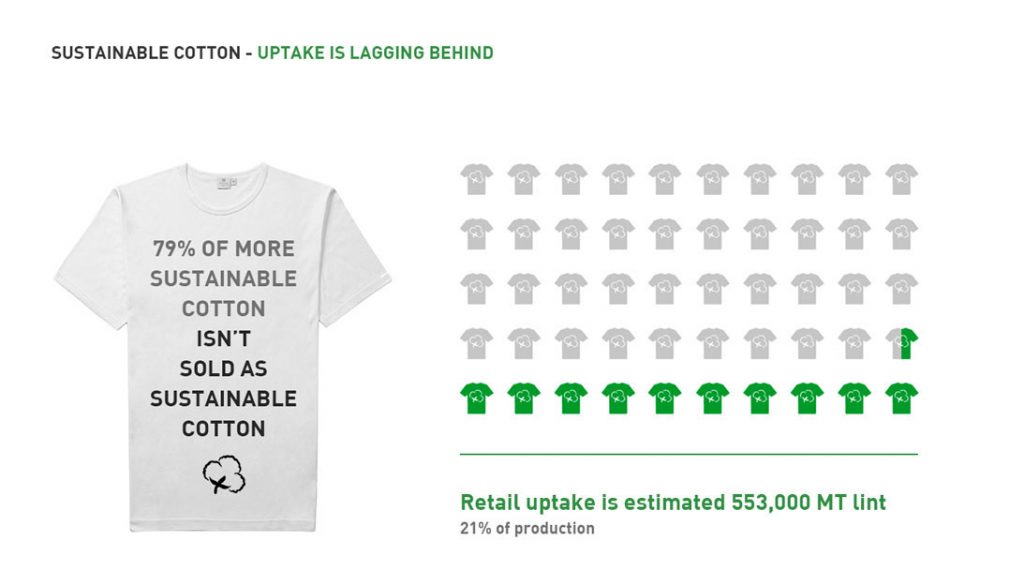Terre des hommes Foundation (Tdh), the leading Swiss organisation for children’s aid, partners with Better Cotton
Terre des hommes Foundation (Tdh), the leading Swiss organisation for children’s aid, that promotes children’s rights and decent work ethics in global value chains, has partnered with the Better Cotton Initiative to support farmers, to address and prevent the risks of childlabourand to promote decent work in cotton farming. Terre des hommes has been a BCI Civil Society Member since2017,when conversations about how Tdh could support BCI on its Decent Work Principle began.
Decent Work, one of the seven Principles and Criteria in theBetter Cotton Standard, helps cotton farmers to understand and respect national legal requirements on childlabour, as well as the fundamental, interrelated International Labour Organisation conventions on respecting the minimum age for young workers and avoiding the “worst forms of childlabour’.
Together, BCI and Tdh are planning to launch a pilot project in India which aims to support BCI’s Implementing Partners to deliver child-protectiontrainingsto farmers, in line with BCI’s Decent Work Principle. Efforts will also focus on farmers in Burkina Faso, MaliandPakistan. In addition, Terre des hommes will take on an advisory role to contribute to the development of the Better Cotton Standard and specifically child protection requirements.
The partnership with BCI focuses on child protection at field-level. However, in a global capacity, Tdh’s work is aimed at tackling child labour throughout the cotton value chain by bringing long-lasting solutions through integrated efforts and cooperation of multiple stakeholders. Tdh therefore collaborates with representatives of local communities, national governments, civil society organisations as well as national and global businesses to make a difference for children.
We look forward to sharing the outcomes of the pilot projects in the future. Find out more aboutTerre des hommes.
BCI welcomed five new civil society organisations as members in Q2 2018:Sawera Foundation(Pakistan),Aga Khan Rural Support Programme(India),Responsible Sourcing Network–a project ofAs You Sow–(United States),Rural Business Development Centre(Pakistan) andCenters For International Projects Trust(India). The newest members take BCI’s civil society membership up to 37 members. Find out more about civil society membership.
Read more










































